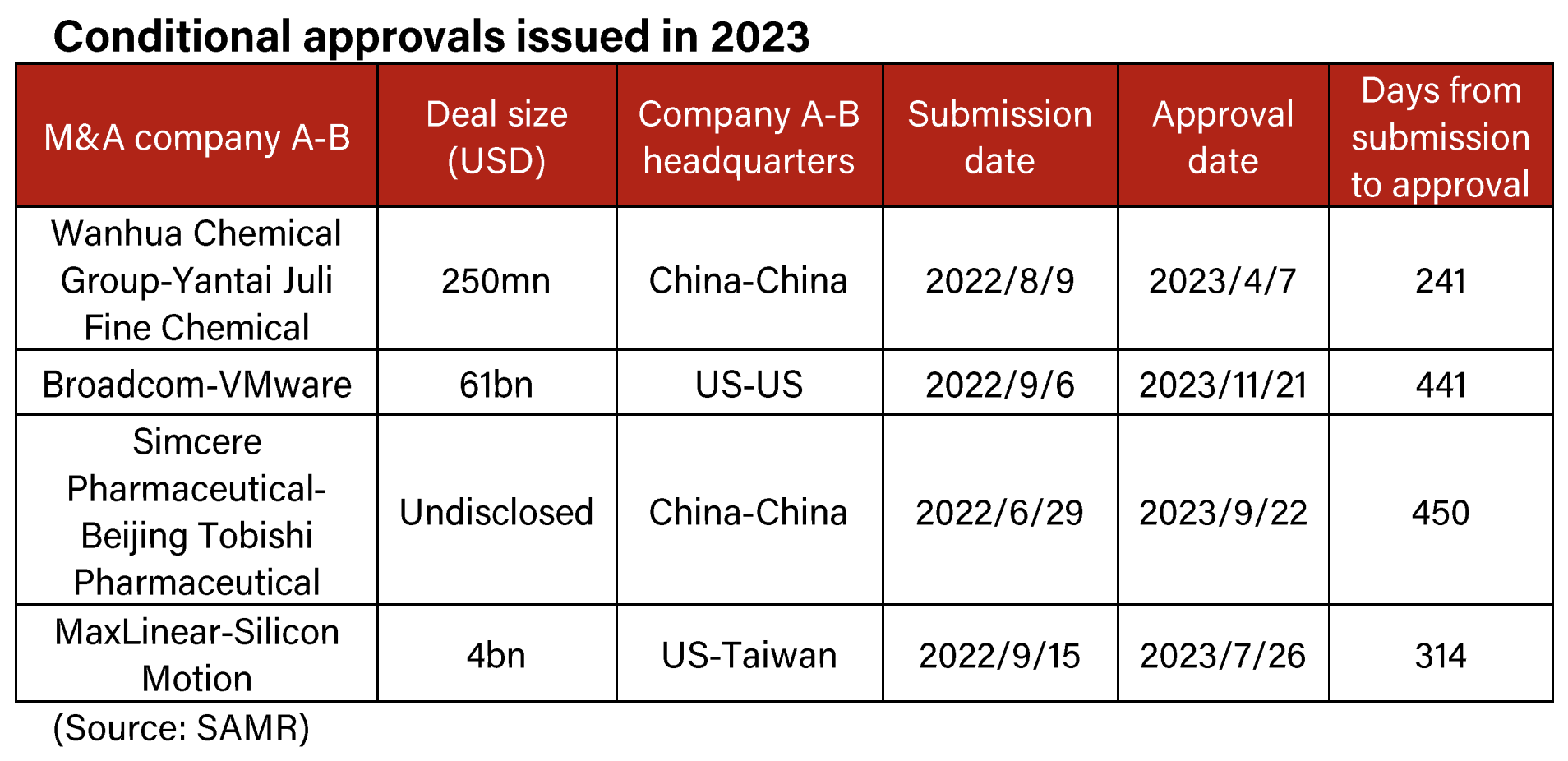
China has been more actively scrutinizing US-related semiconductor deals in retaliation to the US expansion of China-focused export controls.

China has been more actively scrutinizing US-related semiconductor deals in retaliation to the US expansion of China-focused export controls.
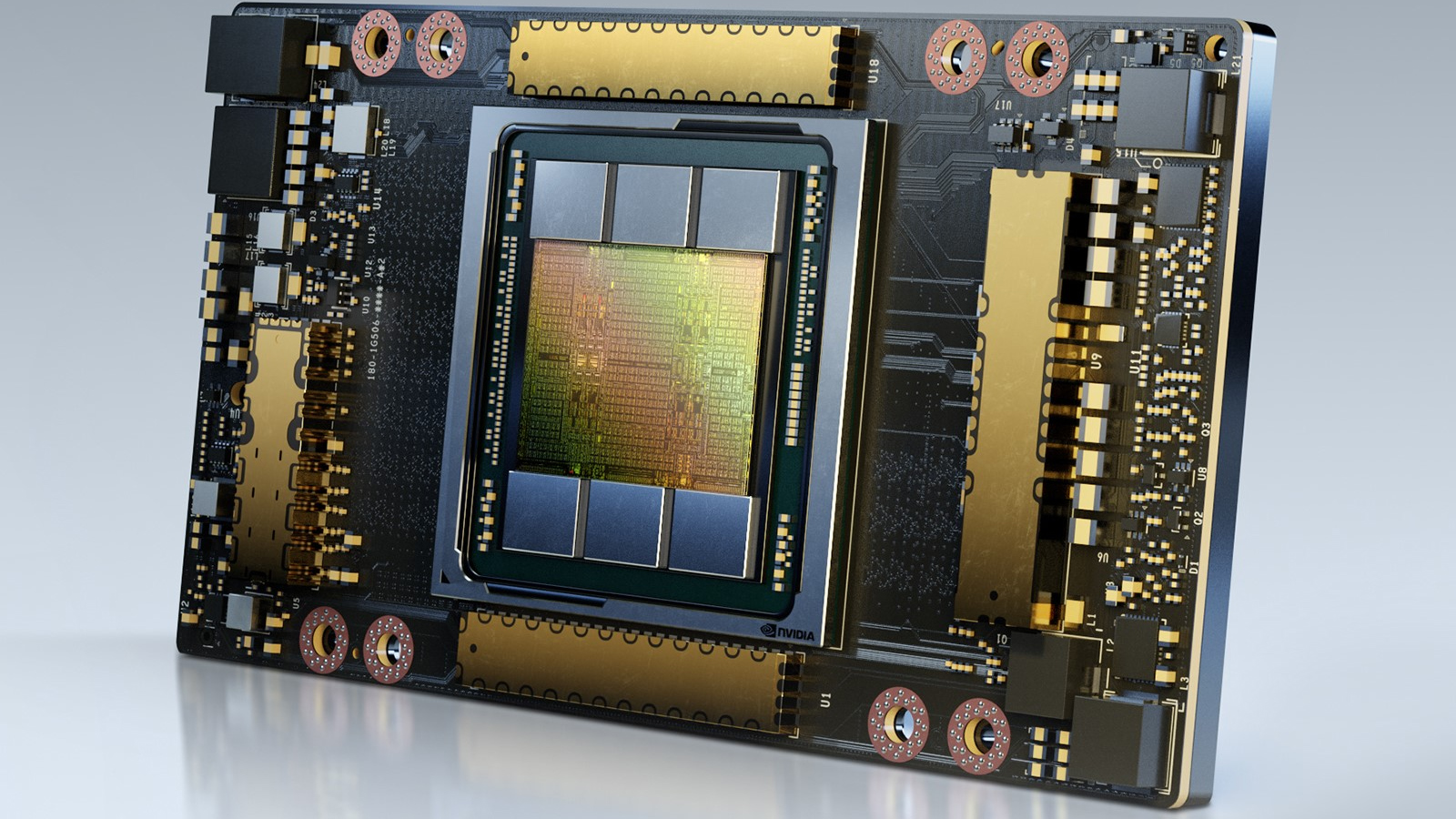
The US has escalated its export control regime again, dealing a blow to China’s AI development.

The US-China rivalry has evolved beyond the trade war into a new phase of intense geopolitical competition.

The release of the device will intensify US political pressure and will likely lead to attempts to tighten the export control regime against China.
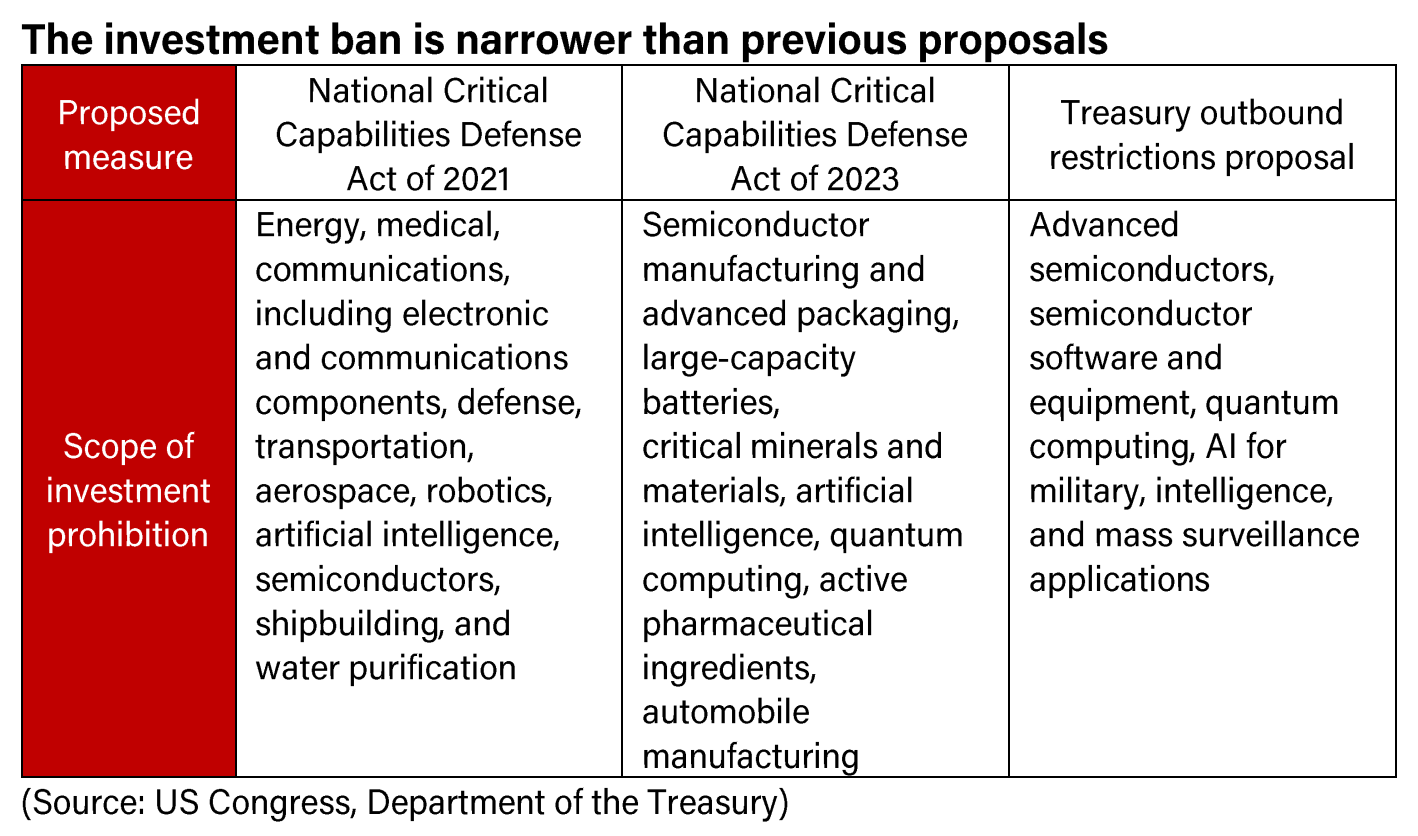
The scope of the plan is quite limited; the White House’s goal is to allow US investors to continue investing in less-sensitive areas of Chinese tech.
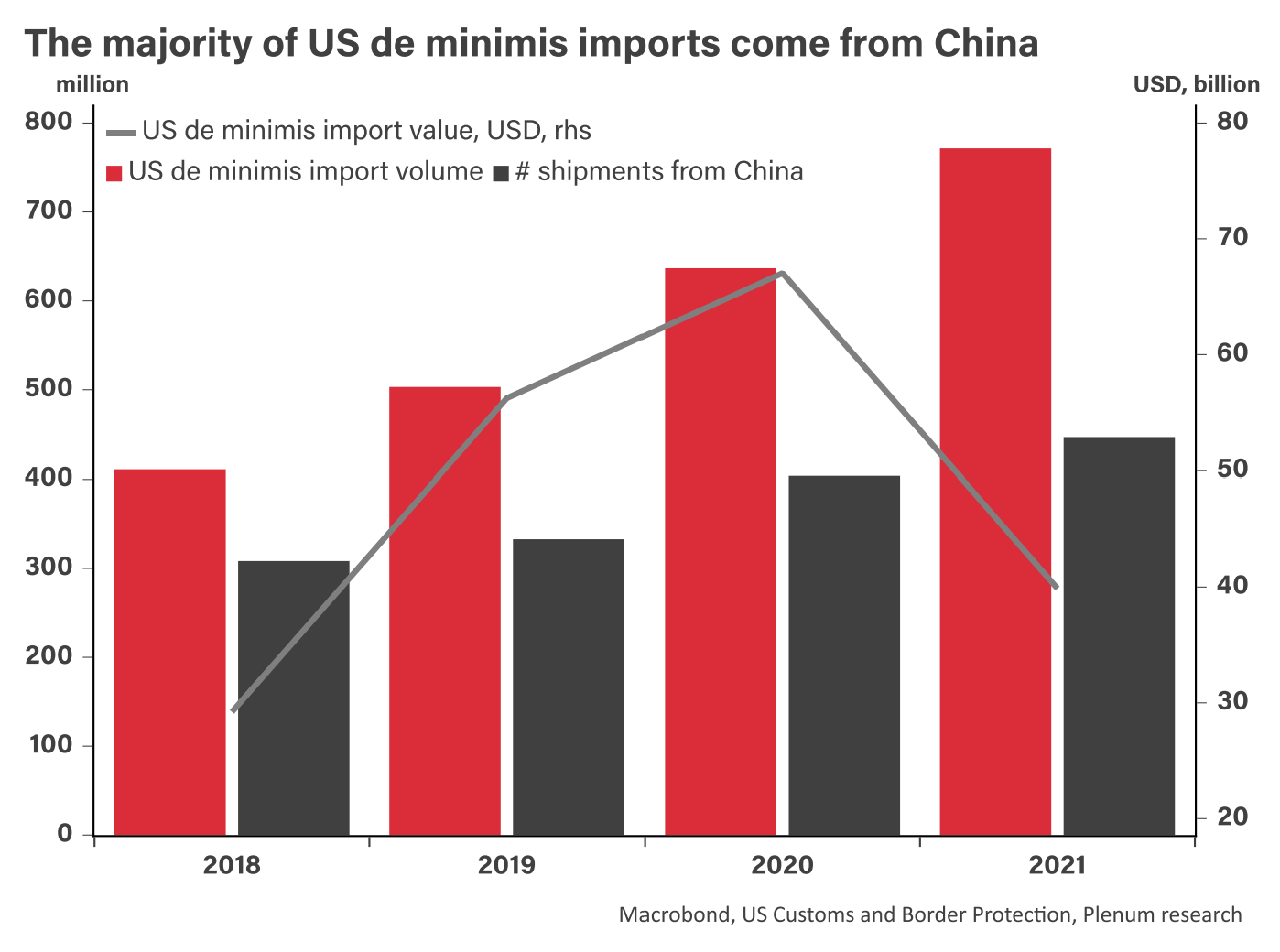
US politicians have brought up several proposals on the matter, but none are likely to materialize in the near future.
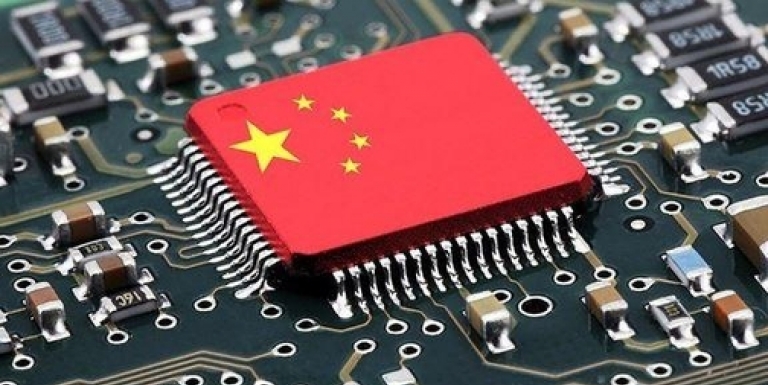
Blocked from selling advanced chips and facing stiffer competition on legacy chips, companies may lobby Washington to loosen controls.

The trip also raises the possibility of tighter US sanctions against China, which will reinforce Beijing’s view that the US is saying one thing and doing another.
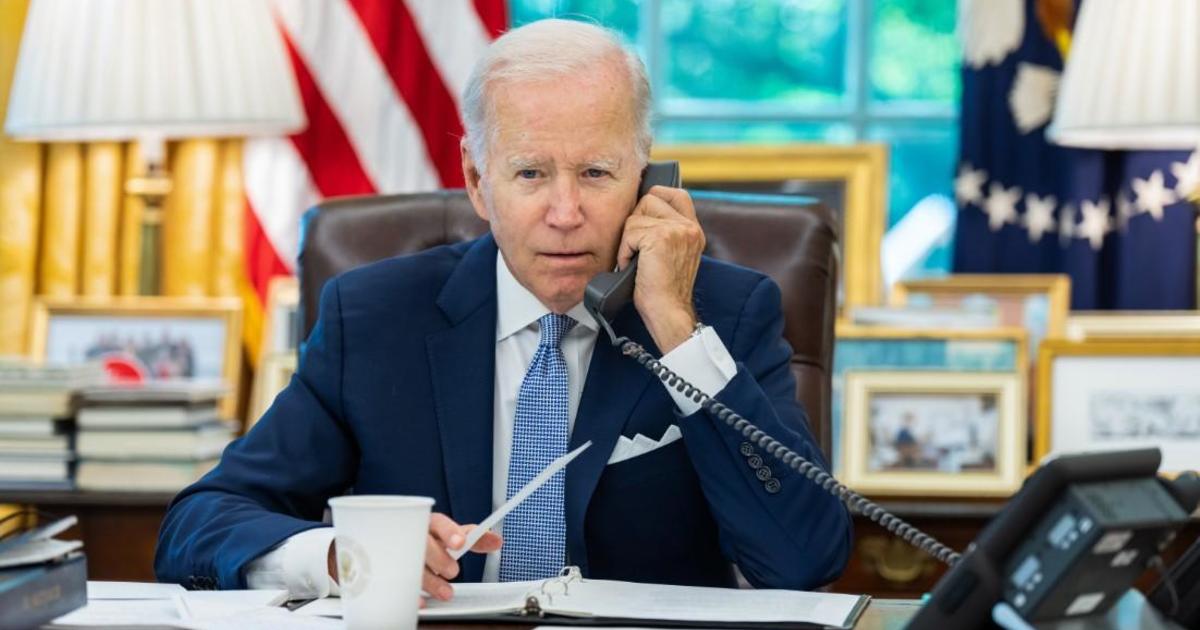
Official engagement between the US and China has resumed, suggesting a thawing of bilateral relations in the near term.